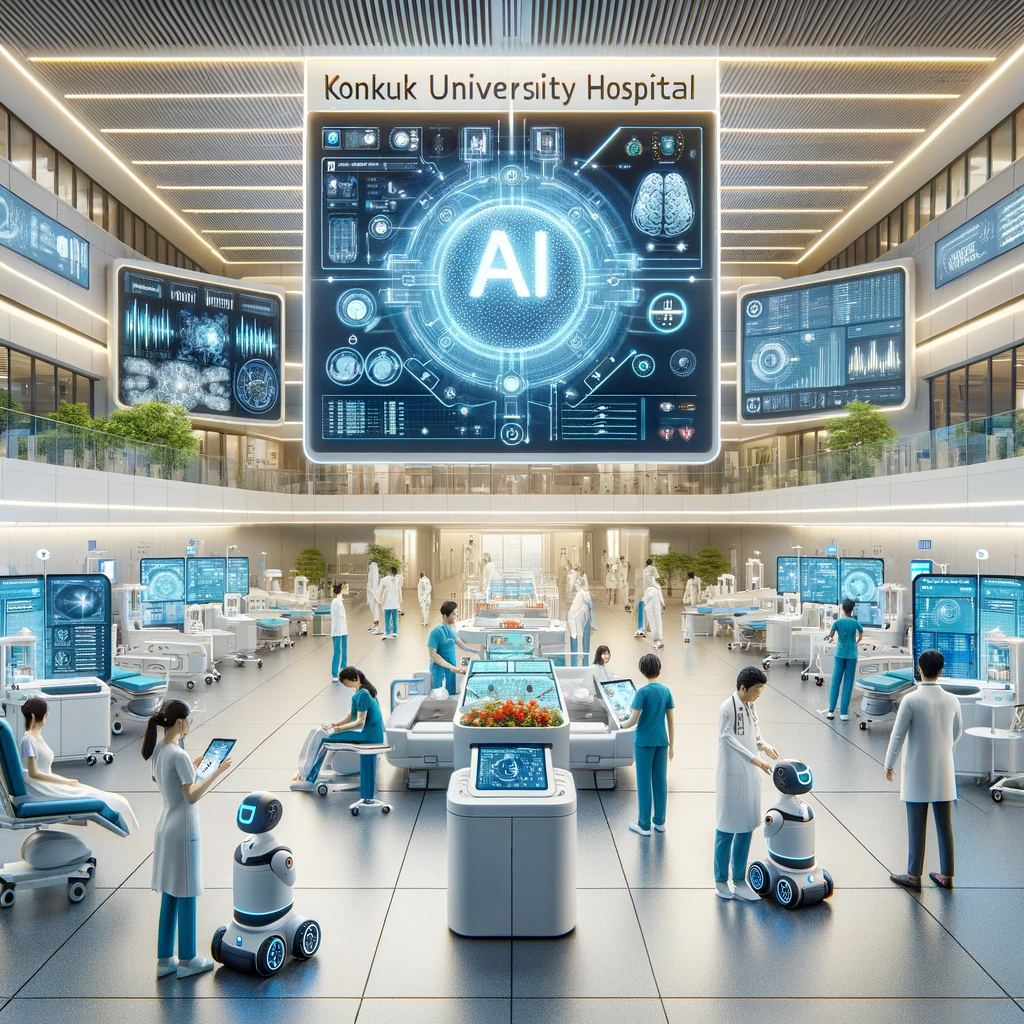Nanyang Polytechnic (NYP) is extending the trial phase of its groundbreaking AI-based fall prediction tool, a collaborative effort with medical technology firm Longway AI Technologies. The system, developed in 2020 at NYP’s Centre for Innovation for Electronics and Internet of Things, utilizes a 3D convolutional neural network, mirroring the human brain’s data processing mechanism. Trained on over 200 hours of videos capturing various human gaits, the AI system aims to detect signs of unsteady gait and promptly alert care teams.
Successful pilots at prominent healthcare facilities
The AI tool has undergone successful pilot runs at prominent healthcare institutions, including Singapore General Hospital and St. Luke’s ElderCare Rivervale Centre. Building on these achievements, a new trial is currently underway at the SASCO Senior Citizens’ Home, with another pilot scheduled at St. Andrew’s Nursing Home. NYP is actively engaging with geriatric departments nationwide, exploring opportunities to expand the application of this innovative technology.
Konkuk University Hospital Joins Forces with Neurophet for AI-Driven Alzheimer’s Research
In a significant stride towards advancing Alzheimer’s disease diagnosis, Konkuk University Hospital and Neurophet, an AI medical imaging company, have forged a research collaboration. Neurophet’s cutting-edge solutions, Neurophet AQUA and Neurophet SCALE PET, employ AI algorithms to analyze PET and MRI scans, identifying biomarkers associated with Alzheimer’s, such as amyloid beta and tau proteins.
Leveraging research expertise for enhanced AI solutions
Researchers from Konkuk University Hospital’s Department of Radiology, specializing in Alzheimer’s research, will contribute their expertise to Neurophet’s ongoing research and development initiatives. The collaboration aims to refine existing solutions and develop a comprehensive diagnosis tool, encompassing the monitoring of amyloid-related imaging abnormalities.
Apollo hospitals introduces remote patient monitoring innovations
In a bid to enhance patient care, Apollo Hospitals in Bangalore have incorporated state-of-the-art remote patient monitoring (RPM) solutions at their Seshadripuram and Bannerghatta Road branches. These advancements leverage AI and connectivity to provide continuous tracking of vital signs, both within the hospital and at home.
Seshadripuram branch’s collaboration with lifesigns
The Seshadripuram branch has partnered with LifeSigns to implement a 24/7 wireless RPM system. This innovative solution employs AI and wearable biosensors to monitor essential metrics like ECG, blood pressure, and SPO2. Offering seamless tracking whether within the hospital or remotely, this collaboration aims to revolutionize patient monitoring and improve overall healthcare outcomes.
Bannerghatta road branch introduces connected ambulance
Meanwhile, the Bannerghatta Road branch has introduced HealthNet Global’s connected ambulance, revolutionizing emergency medical services. Fueled by 5G connectivity, the ambulance provides live visual feeds through onboard cameras and bodycams for paramedics. Real-time monitoring of vital signs using telemetry devices and patient monitoring applications further enhances communication, collaboration, and decision-making for medical teams.
These initiatives showcase the evolving landscape of healthcare, where cutting-edge technologies, such as AI and remote patient monitoring, play pivotal roles in improving patient outcomes and optimizing healthcare delivery. Nanyang Polytechnic, Konkuk University Hospital, and Apollo Hospitals are at the forefront of these innovations, contributing to the advancement of medical science and patient care. As these trials progress and collaborations deepen, the healthcare industry is poised to witness transformative changes, ultimately benefiting patients and healthcare professionals alike.





